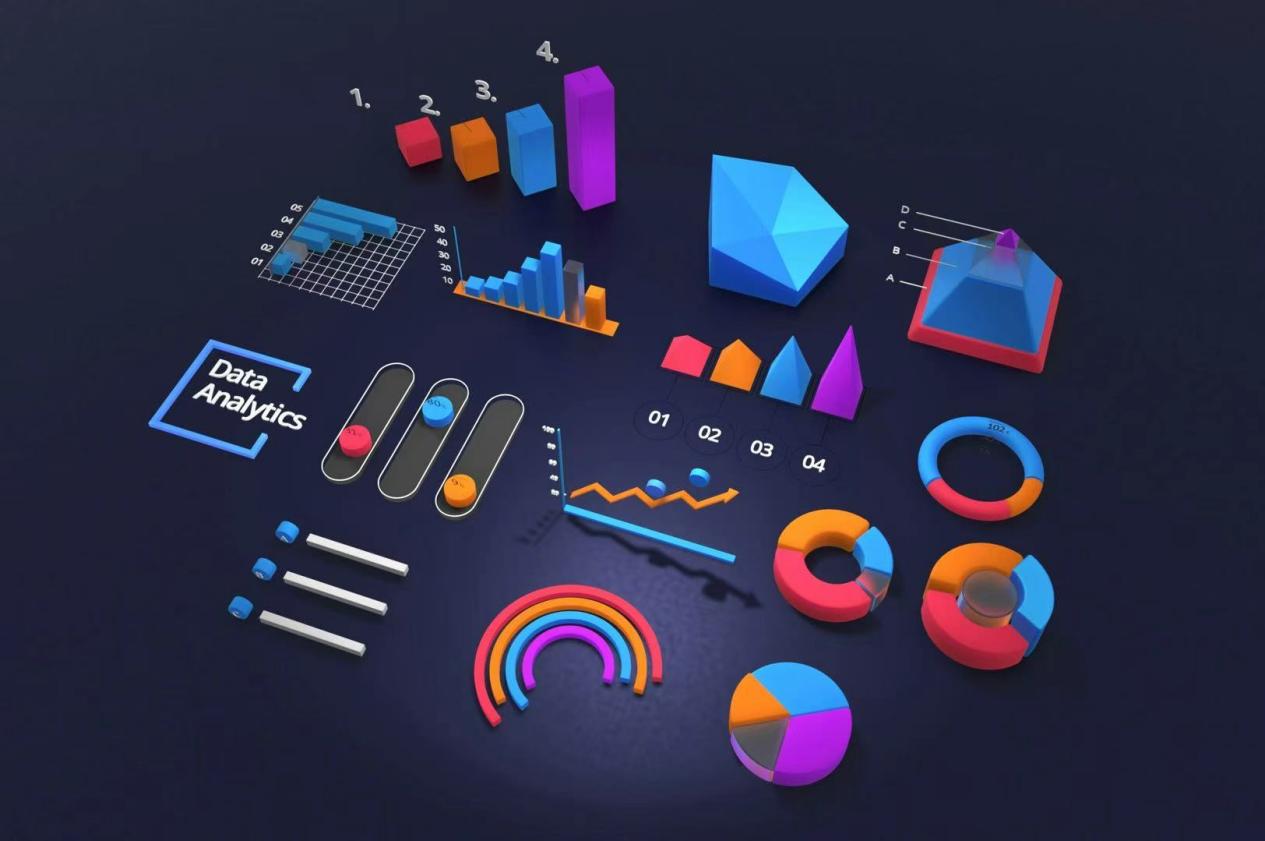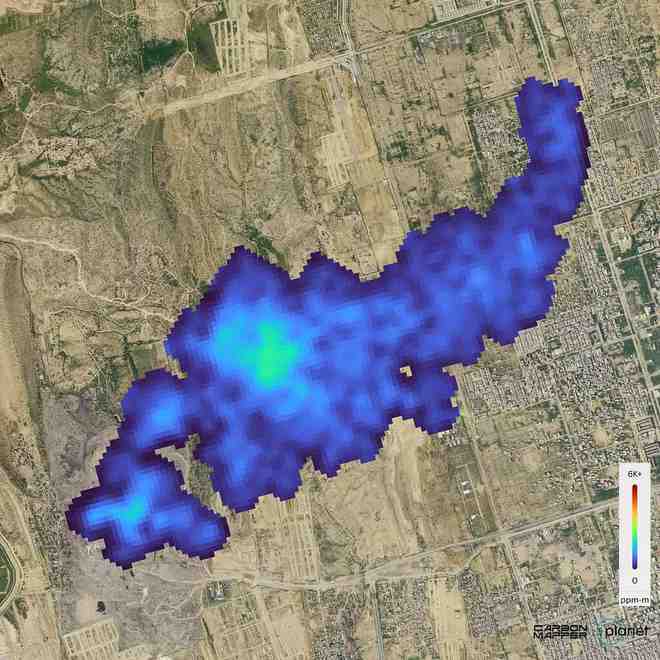Data bricks:The Unsung Hero of Data Collaboration and Governance
In today’s data-driven landscape, Data bricks stands out as a shining star in the realm of data, quietly revolutionizing the way data is processed and collaborated upon. It is more than just a technical tool;it is an intelligent collaborator and a diligent governor, unlocking the potential of data for businesses across various sectors.

Consider the common scenario in a large e-commerce enterprise where data engineers, data scientists, and business analysts often work in isolated silos. Data engineers toil away building data pipelines, data scientists meticulously train models, and business analysts delve into data to produce insightful reports. These efforts, though crucial, are scattered and lack cohesion. Data bricks changes this dynamic by acting as a robust bridge that connects these disparate teams.
On the Data bricks platform, different roles can collaborate around the same project, each using their preferred programming languages such as Python, Scala, or SQL. Data engineers can efficiently process massive amounts of user behavior data, performing essential cleaning and transformation tasks. Meanwhile, data scientists can leverage this processed data to rapidly iterate on machine learning models that predict user needs and behaviors. Business analysts, on the other hand, can utilize intuitive visualization tools to transform complex analytical results into actionable business insights. All these operations occur within a unified environment, with changes in code, model updates, and data variations synchronizing in real-time. This seamless integration significantly enhances the efficiency and quality of team collaboration, creating a smooth workflow from data collection to decision-making.

In the financial sector, where data sensitivity and security are of paramount importance, Data bricks’Unity Catalog emerges as a strict yet efficient guardian, offering comprehensive data governance solutions. A financial institution deals with vast amounts of sensitive customer data, including transaction records and credit assessments. Any data breach or misuse could lead to severe consequences, from financial losses to damaged reputations. Unity Catalog addresses these concerns by employing a four-level namespace management system, which allows for the precise segmentation and isolation of data based on different business departments and data types. For instance, customer transaction data can be stored in a separate directory, with access restricted to only specific teams responsible for transaction processing and risk control.
Through SQL syntax, administrators can easily assign different permissions to various user roles, ranging from directory-level access to granular column-level controls. This ensures that data access and usage strictly comply with regulatory requirements. Moreover, Unity Catalog features robust auditing capabilities, logging all data operations into a detailed audit trail. This trail serves as a comprehensive record, tracking who accessed or modified what data and when, providing financial institutions with solid support to meet regulatory scrutiny and ensuring the reliability and security of their data assets.
In the realm of research, where data sharing is crucial for advancing knowledge, traditional data-sharing methods have long been plagued by numerous challenges. Issues such as incompatible data formats, inefficient data transmission, and difficulties in ensuring data copyright and privacy protection have hindered collaborative research efforts. Data bricks’Delta Sharing is revolutionizing this landscape by enabling secure and efficient data sharing.
Take a climate research institute, for example. It collects vast amounts of global climate observation data, including temperature, humidity, and precipitation levels. With Delta Sharing, this data can be shared with researchers worldwide in a standardized format and through an efficient transmission protocol. The data is encapsulated in shared tables, allowing recipients to access and use it for their analyses without the need for complex format conversions or concerns about data integrity. The zero-copy sharing feature of Delta Sharing significantly reduces data storage and transmission costs, enhancing the efficiency of data-sharing processes.

More importantly, Delta Sharing prioritizes data copyright and privacy protection during the sharing process. Data providers can set different sharing permissions, controlling which data is accessible to recipients and restricting unauthorized updates or modifications. This ensures that while data is shared widely for research purposes, the rights and privacy of the data providers are fully safeguarded. By doing so, Delta Sharing accelerates scientific research, enabling scientists to focus more on their investigations and contributing significantly to global climate governance and other critical research areas.
Data bricks are quietly transforming how we handle and leverage data. It transforms silent data into a collaborative tool, a source of innovation, and a driver of scientific discovery. In this era where data reigns supreme, Data bricks serves as a powerful instrument for businesses, research institutions, and organizations across industries. It helps them navigate the vast ocean of data, turning raw data into actionable insights and strategic advantages, and steering them toward successful outcomes in an increasingly data-centric world.
(Writer:Galli)





